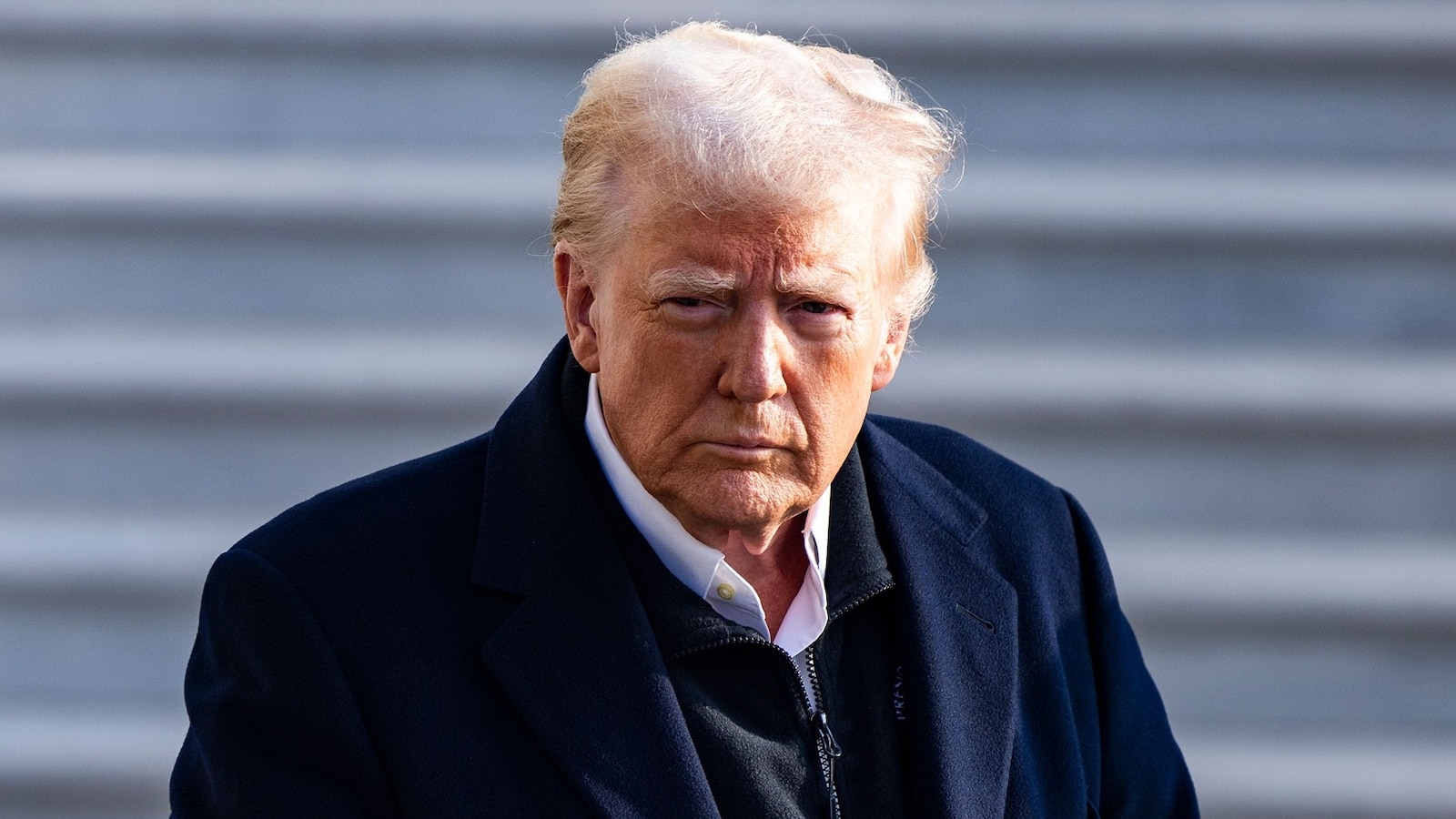The first week of President Donald’s Trump’s second term came with sweeping changes to federal health agencies.
The U.S. Department of Health and Human Services (HHS) was told by the administration to cease all non-emergency external communications, the agency said, resulting in the Centers for Disease Control and Prevention (CDC) failing to publish a decades-old weekly report.
Some staffers at health agencies are also temporarily banned from traveling and have been told to stop work with the World Health Organization (WHO), according to sources and internal communications reviewed by ABC News.
Here’s a look at some of the changes over the past week:
HHS told to pause all external communications
Two sources confirmed to ABC News earlier this week that the incoming administration told federal health agencies to pause external communications for now. This includes the agencies that fall under HHS such as the CDC, the Food and Drug Administration and the National Institutes of Health.
The directive did not include a mention of reviewing communications to align with the incoming potential secretary, according to one HHS official.
The official also said the pause isn’t cause for concern yet, but would be if it goes longer than a week or gets in the way of regular functions.
“HHS has issued a pause on mass communications and public appearances that are not directly related to emergencies or critical to preserving health,” the HHS said in a statement on Thursday. “This is a short pause to allow the new team to set up a process for review and prioritization. There are exceptions for announcements that HHS divisions believe are mission critical, but they will be made on a case-by-case basis.”

The sun flares next to the sign marking the headquarters building of the US Department of Health and Human Services on Feb. 9, 2024, in Washington, DC.
J. David Ake/Getty Images, FILE
A memo sent to leadership at federal health agencies noted the communication hiatus will extend through Feb. 1, a CDC official told some staffers in a call on Thursday, according to an audio recording reviewed by ABC News.
The pause also resulted in the CDC not publishing a decades-old weekly report, known as the Morbidity and Mortality Weekly Report (MMWR), which is typically released on Thursday afternoons.
Sometimes called “the voice of the CDC,” the agency has referred to the MMWR as its “primary vehicle for scientific publication of timely, authoritative, and useful public health information and recommendations.”
The CDC official also told staffers in a call they were “awaiting guidance regarding scientific publications and hope to have something pretty soon to share on that.”
Health officials not allowed to travel
Travel has also been temporarily canceled for all employees at HHS. In the audio recording of the Thursday call, CDC officials told the staffers that the change was effective immediately.
“Future travel requests for any reason are not authorized and cannot be approved,” the official said in a call. “Further, HHS travel is not authorized for those employees who accepted speaking engagements prior to January 20, it must be canceled.”
The official said on the call that the policy will remain in effect until further notice.
Work stopped with the WHO
Additionally, federal health agencies have been ordered to halt work on any projects involving the WHO, according to sources.

The entrance of the headquarters of the World Health Organization (WHO) on Jan. 23, 2025 in Geneva.
Robert Hradil/Getty Images
It comes after Trump signed an executive order on Monday evening withdrawing the U.S. from the WHO.
In the order, Trump accused the global health agency of “mishandling” the COVID-19 pandemic, not adopting “urgently needed reforms” and being politically influenced by other member states. The president also said the withdrawal was about “being ripped off.”
ABC News’ Cheyenne Haslett and Will McDuffie contributed to this report.

